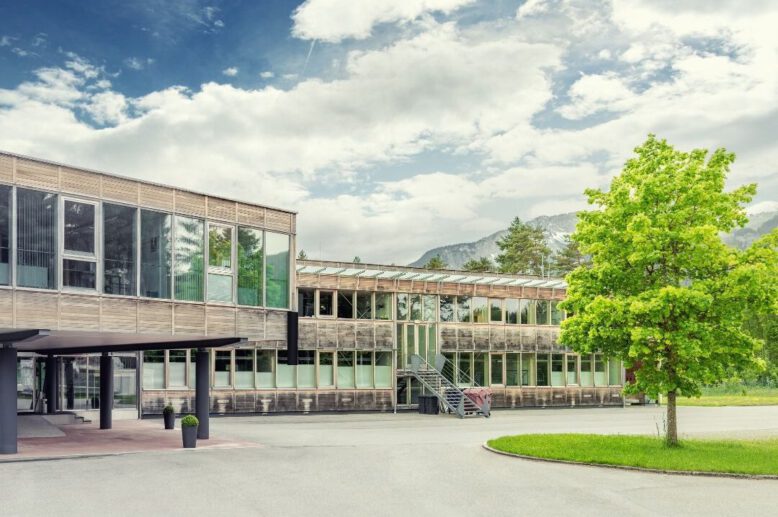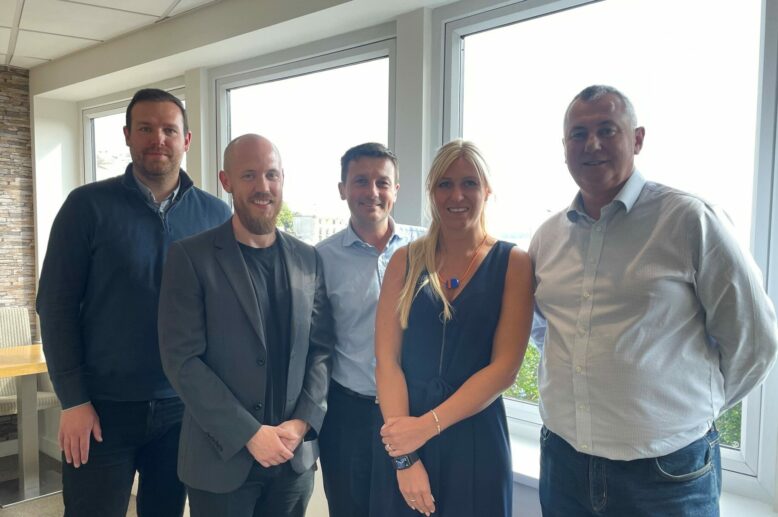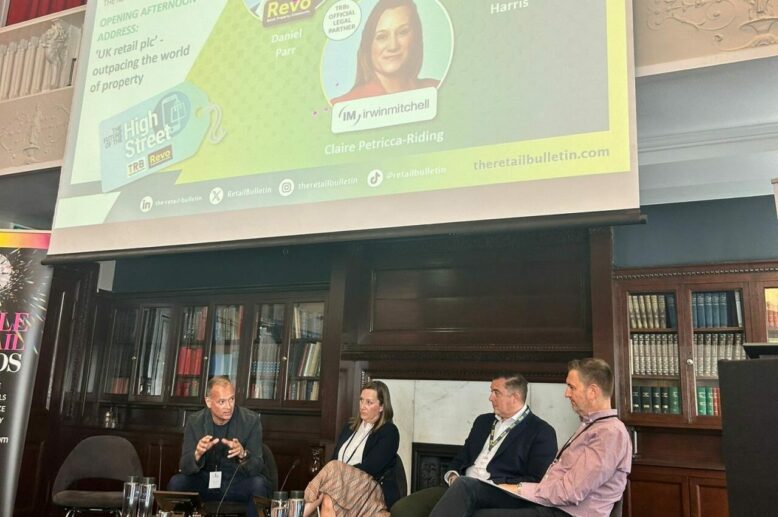Thinking sustainably has always been the central tacit and lifeblood of Milligan. From our earliest days revitalising the pumping heart of Manchester at the Triangle, restoring to glory Liverpool’s old Post Office to become the Metquarter Shopping Centre, repositioning the award winning Maremagnum portside shopping mall and to preserving cork trees at the Portuguese Barreiro Retail Park, Milligan’s unique approach to real estate development centres upon ethical planning, conservation and efficient, responsible delivery.
It’s no coincidence that better quality and environmental authenticity attracts higher value and the accolades of investors and end users.
Long before the global pandemic of Covid-19 disrupted the world, scientists had begun to detect the outset of global warming threatening to cause a catastrophic rise in temperature encapsulating our planet. Following international recognition, the first Climate Change COP (Conference of the Parties) was held in Berlin in March, 1995 soon followed by the acclaimed Kyoto Protocol to the UN convention at COP3 1997. Amongst other things this ground-breaking framework agreement sought to reduce greenhouse gas emissions to cap the ozone layer and limit the predicted rises in global warming. The concept of Carbon Credits was introduced along with recognition of the impact of human activities in deforestation, land use and marine environment.
In 2015, in Paris, world leaders committed to a historic agreement to tackle climate change. They agreed to hold the increase in the global average temperature to well below 2 ℃ above pre-industrial levels and to pursue efforts to limit the rise to 1.5 ℃.
Roll forward to another COP conference, number 26, this time to be hosted by the UK in Glasgow. It will remind the world that every country, organisation and person has a carbon footprint that, given sufficient commitment, can be measured and reduced in size. Progress on addressing climate change including the zero carbon goal has been made but we still consume far more than the planet’s finite resources can afford and now urgent action is needed. Extreme weather events, rising sea levels, floods and biodiversity loss are all evident and will only get worse without concerted and unified action.
The built environment and its infrastructure are responsible for around 40% of global emissions and so responsible real estate development is more important than ever before. In response, Milligan continues to lead the way on the path to net zero emissions with inherently sustainable, future-proofed, low energy schemes bringing benefits for the longer term to the environment, to societies and to communities.
Through thought-leadership and example, Milligan continues to demonstrate a research-led science based whole life approach to real estate re-purposing and development, actively mainstreaming and having long ago successfully adopted the fundamental tenets of Corporate Social Responsibility.
Milligan has acted instinctively in a socially responsible way since its inception. We have recognised the benefit of identifying more closely our achievements and ambitions in a transparent fashion through ESG monitoring, bringing together all of the aspects into one annual report to allow all stakeholders and interested parties to see our progress and commitment to creating a better world.
The coveted ESG distinction refers to the three central factors in measuring and monitoring the sustainability, societal and good governance impacts of decision making – the selection, engagement or investment in a company and its supply chain. In effect it drives the scope and importance of ethical sustainable property development management to a new level and pays due importance to relevant associated social issues and behaviour. Good governance is the binding force to monitor performance and credentials, compliance with environmental codes and standards and to uphold the moral authority of corporate responsibility. ESG is the gatekeeper.
This year Milligan will formalise its reporting processes and set out our roadmap in the areas of environmental, social and governance conduct. Our fundamental objectives remain the same – to put people, society and the planet at the core of what we do – recognising and quantifying the actions we can take to minimise our impact and promote solutions that are restorative in nature and will stand the test of time.
John Naylor, Head of Sustainability



